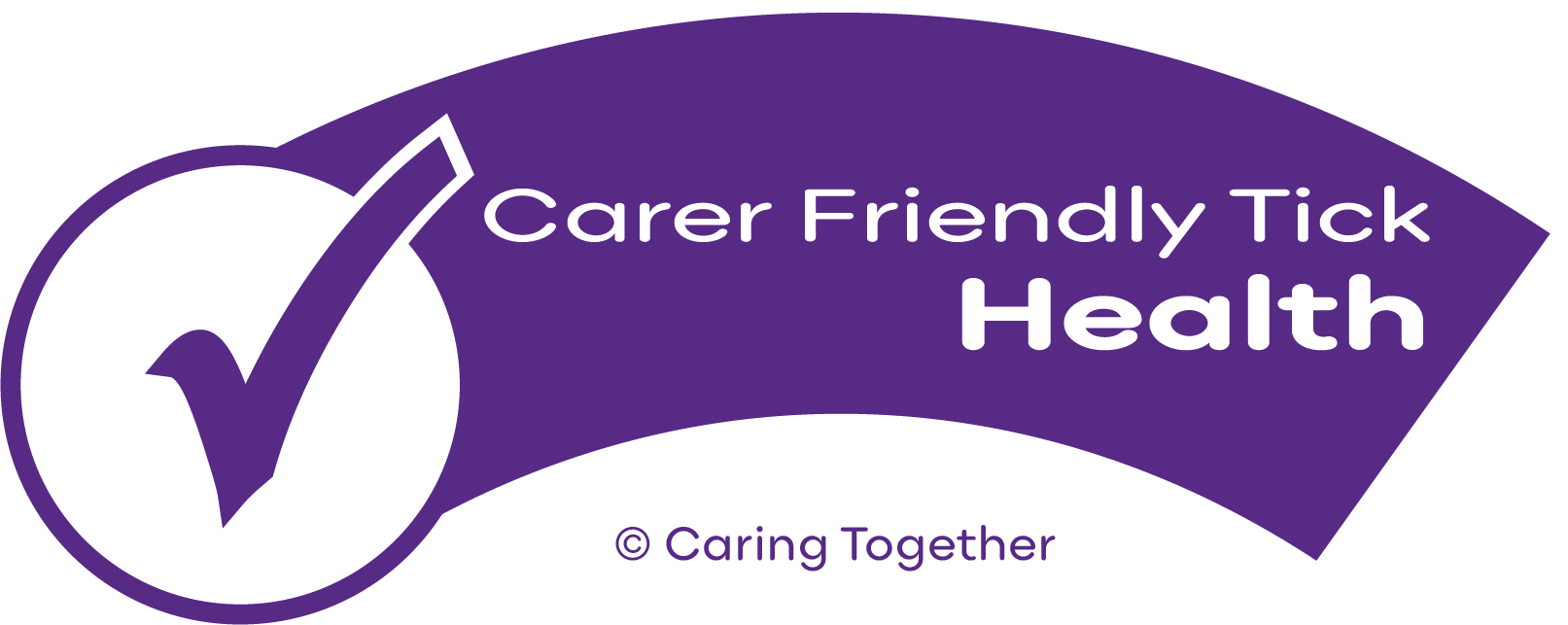East Barnwell Health Centre
East Barnwell Health Centre, Ditton Lane, Cambridge, CB5 8SP
Telephone: 01223 728900
Sorry, we're closed

IMPORTANT ANNOUNCEMENT REGARDING THE FUTURE AT EAST BARNWELL HEALTH CENTRE PHARMACY FIRST PRACTICE LIST CLOSURE
COVID-19: FAQs
We wanted to clear up a few of the frequently asked questions our reception team are dealing with.
- Who needs to isolate for 12 weeks?
All ‘high risk’ patients are advised to isolate for 12 weeks. There has been some confusion as to who falls into this category. Generally speaking, if you are eligible for an NHS flu vaccination for any reason, this puts you in the ‘at risk’ category but not necessarily ‘high risk’.
Every patient is different and if you feel your medical history makes you vulnerable or high risk, the decision to isolate for 12 weeks is one you need to make yourself. Our advice to patients would be to read the online information from reliable websites (111/NHS/GOV UK). Don’t rely on receiving a letter to tell you to isolate, as these are only being sent to a specific group of people (detailed below).
- What is meant by ‘shielding’?
Shielding is a measure to protect extremely vulnerable people by minimising interaction with others. This means that those who are extremely vulnerable should not leave their homes, and within their homes should minimise all non-essential contact with other members of their household.
- I haven’t got a letter, will I be receiving one?
The letters do not come from general practice, they are sent by NHS England. The groups defined as “extremely vulnerable” who should have received the letter are:
– Solid organ transplant recipients.
– People with cancer who are undergoing active chemotherapy or radical radiotherapy for lung cancer.
– People with cancers of the blood or bone marrow such as leukaemia, lymphoma or myeloma who are at any stage of treatment.
– People having immunotherapy or other continuing antibody treatments for cancer.
– People having other targeted cancer treatments that can affect the immune system, such as protein kinase inhibitors or Parp inhibitors.
– People who have had bone marrow or stem cell transplants in the last 6 months, or who are still taking immunosuppression drugs.
– People with severe respiratory conditions including all cystic fibrosis, severe asthma, and severe COPD.
– People with rare diseases and inborn errors of metabolism that significantly increase the risk of infections (such as SCID and homozygous sickle cell).
– People on immunosuppression therapies sufficient to significantly increase the risk of infection.
– Women who are pregnant with significant heart disease, congenital or acquired.
- Can I have a sick note for my isolation period?
No, we are not issuing sick notes for any isolation reason. 111 website can issue sick notes for those isolating due to symptoms of COVID-19 or a household member having symptoms of COVID-19.
A letter for your employer can also be downloaded from our website.
Sick notes for other reasons continue being issued as normal.
- Can I rebook my cancelled appointment for a couple of months’ time?
At the moment, all routine checks are suspended and we do not know when this will change. We, therefore, cannot book anything at this time but all patients whose annual reviews have been cancelled will be contacted when normal clinics resume.
- I have symptoms of COVID-19, what do I do?
Visiting the 111 website remains the first thing to do in this situation. There are a series of questions to answer and it will advise you of the path to take. If 111 advise you to contact us, then please do so. You will be put on the list for a phone call with the GP and they will assess you over the phone.
- Am I allowed to contact the surgery about routine problems?
Yes! Please still contact the surgery as you would for all routine health problems. It is important for us to be keeping patients well in the community.
- How do I request a prescription?
Patient online access is the preferred option for prescription requests.
- I need to collect my sick note/blood form/referral/prescription etc, can I come to the surgery?
All documents will be sent electronically where possible or posted to you to prevent gathering outside the practice doors.





